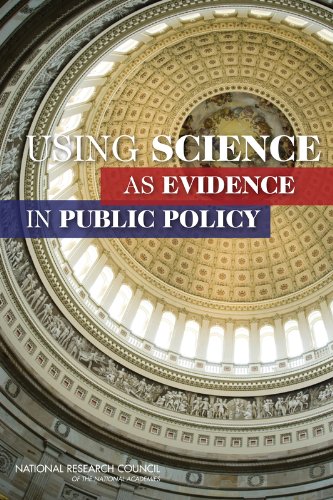using science evidence public von national research (4 Ergebnisse)
Suchfilter
Produktart
- Alle Product Types
- Bücher (4)
- Magazine & Zeitschriften (Keine weiteren Ergebnisse entsprechen dieser Verfeinerung)
- Comics (Keine weiteren Ergebnisse entsprechen dieser Verfeinerung)
- Noten (Keine weiteren Ergebnisse entsprechen dieser Verfeinerung)
- Kunst, Grafik & Poster (Keine weiteren Ergebnisse entsprechen dieser Verfeinerung)
- Fotografien (Keine weiteren Ergebnisse entsprechen dieser Verfeinerung)
- Karten (Keine weiteren Ergebnisse entsprechen dieser Verfeinerung)
- Manuskripte & Papierantiquitäten (Keine weiteren Ergebnisse entsprechen dieser Verfeinerung)
Zustand Mehr dazu
- Neu (2)
- Wie Neu, Sehr Gut oder Gut Bis Sehr Gut (Keine weiteren Ergebnisse entsprechen dieser Verfeinerung)
- Gut oder Befriedigend (2)
- Ausreichend oder Schlecht (Keine weiteren Ergebnisse entsprechen dieser Verfeinerung)
- Wie beschrieben (Keine weiteren Ergebnisse entsprechen dieser Verfeinerung)
Einband
- alle Einbände
- Hardcover (Keine weiteren Ergebnisse entsprechen dieser Verfeinerung)
- Softcover (4)
Weitere Eigenschaften
- Erstausgabe (Keine weiteren Ergebnisse entsprechen dieser Verfeinerung)
- Signiert (Keine weiteren Ergebnisse entsprechen dieser Verfeinerung)
- Schutzumschlag (Keine weiteren Ergebnisse entsprechen dieser Verfeinerung)
- Angebotsfoto (2)
Sprache (1)
Preis
- Beliebiger Preis
- Weniger als EUR 20 (Keine weiteren Ergebnisse entsprechen dieser Verfeinerung)
- EUR 20 bis EUR 45
- Mehr als EUR 45
Gratisversand
Land des Verkäufers
Verkäuferbewertung
-
Paperback. Zustand: Good. No Jacket. Pages can have notes/highlighting. Spine may show signs of wear. ~ ThriftBooks: Read More, Spend Less.
-
Paperback. Zustand: Good. No Jacket. Pages can have notes/highlighting. Spine may show signs of wear. ~ ThriftBooks: Read More, Spend Less.
-
Zustand: New. KlappentextUsing Science as Evidence in Public Policy encourages scientists to think differently about the use of scientific evidence in policy making. This report investigates why scientific evidence is important to policy making and ar.
-
Using Science as Evidence in Public Policy
Verlag: National Academies Press Dez 2012, 2012
ISBN 10: 0309261619 ISBN 13: 9780309261616
Sprache: Englisch
Anbieter: AHA-BUCH GmbH, Einbeck, Deutschland
Taschenbuch. Zustand: Neu. Neuware - 'Using Science as Evidence in Public Policy encourages scientists to think differently about the use of scientific evidence in policy making. This report investigates why scientific evidence is important to policy making and argues that an extensive body of research on knowledge utilization has not led to any widely accepted explanation of what it means to use science in public policy. Using Science as Evidence in Public Policy identifies the gaps in our understanding and develops a framework for a new field of research to fill those gaps. For social scientists in a number of specialized fields, whether established scholars or Ph.D. students, Using Science as Evidence in Public Policy shows how to bring their expertise to bear on the study of using science to inform public policy. More generally, this report will be of special interest to scientists who want to see their research used in policy making, offering guidance on what is required beyond producing quality research, beyond translating results into more understandable terms, and beyond brokering the results through intermediaries, such as think tanks, lobbyists, and advocacy groups. For administrators and faculty in public policy programs and schools, Using Science as Evidence in Public Policy identifies critical elements of instruction that will better equip graduates to promote the use of science in policy making'.




